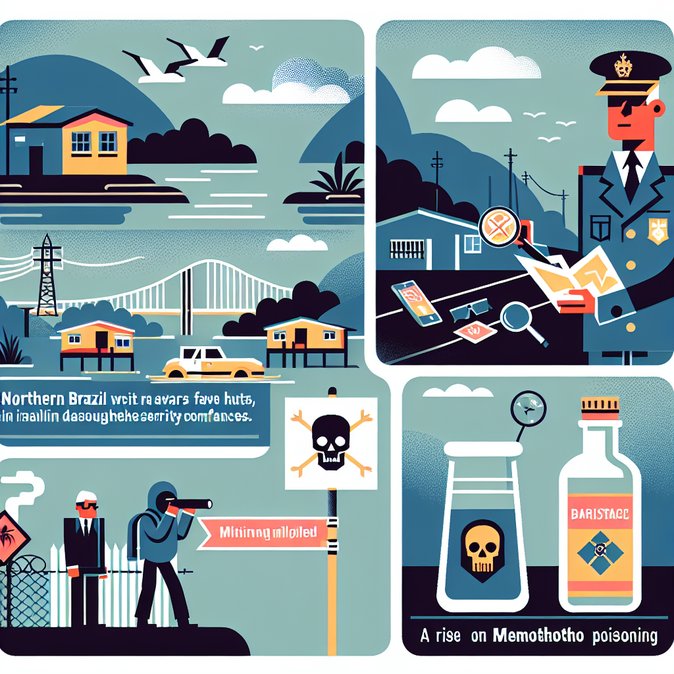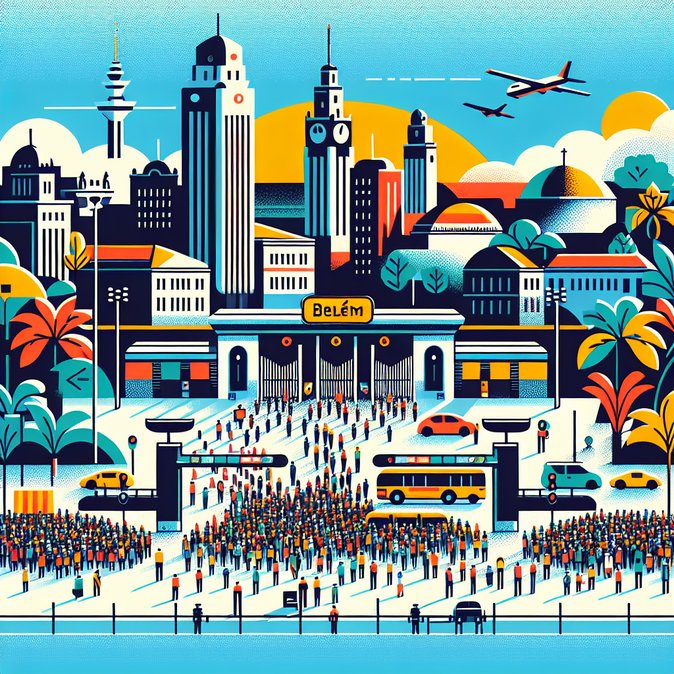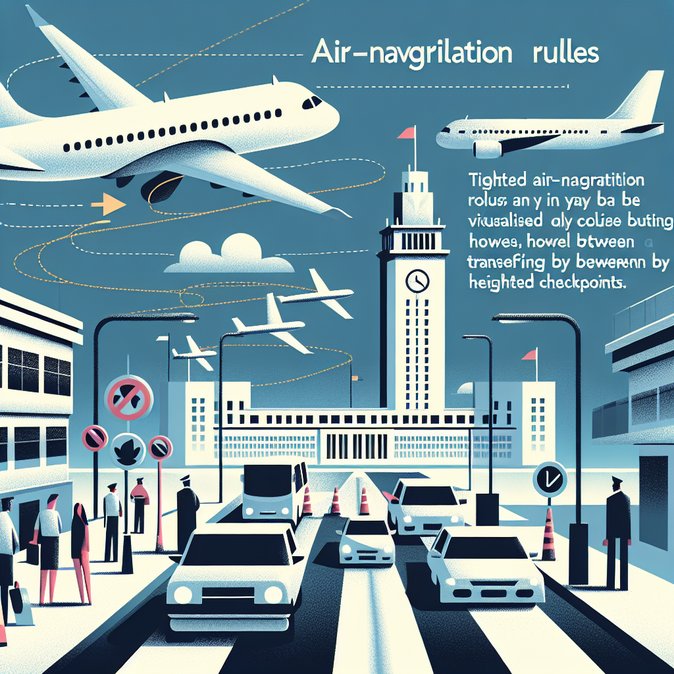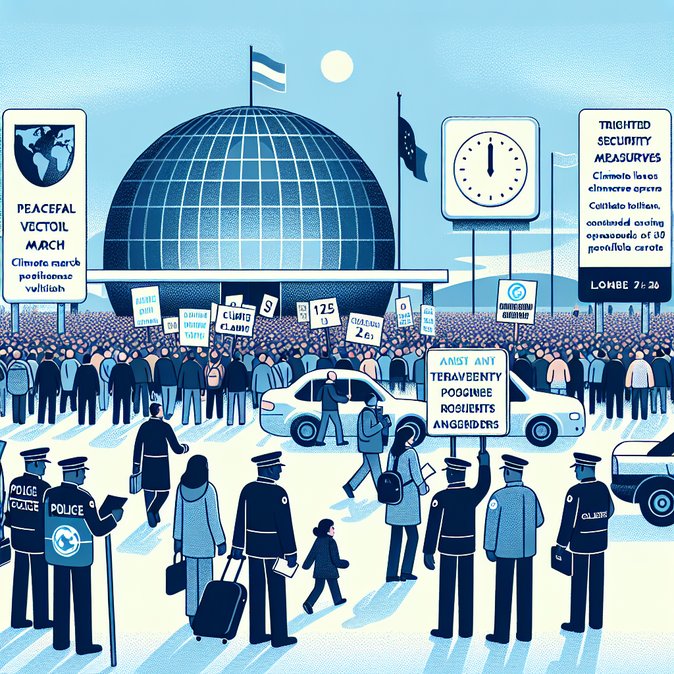
Thousands of demonstrators – indigenous leaders, youth activists, and climate-justice NGOs – marched through the river-front streets of Belém on 15 November, just as COP30 negotiations reached their midway point. While the protest remained largely peaceful, it triggered an immediate security response that global-mobility teams will feel for the rest of the summit.
Brazil’s federal and state police reinforced the existing COP30 Mobility Plan by adding extra checkpoints on Nazaré, José Malcher and Almirante Barroso avenues, the three arterial roads that link downtown hotels with Val-de-Cans International Airport (BEL) and the Parque da Cidade venue. Delegates now face airport transfer times of 60-90 minutes, up from the 25-minute norm, and must carry both passport and UNFCCC badge to clear the new perimeter cordon. Ride-hail services are being funnelled to fixed drop-off zones and are subject to random ID checks, while private vehicles without a COP credential are turned away.
![COP30 Protests Disrupt Ground Mobility and Heighten Security in Belém]()
Inside the airport, COMAE (Brazil’s Airspace Control Command) has retained authority to impose short-notice ground holds whenever VIP movements occur or protests threaten the Blue Zone. Charter operators report that slots are being rationed and that overnight parking is unavailable for business aircraft. Travellers arriving on scheduled flights are advised to allow extra time for immigration, as Federal Police have redeployed officers from other Amazon region posts to staff additional e-gates in Belém.
For companies with employees on the ground, the practical implications are clear: review transfer buffers, reconfirm hotel-airport shuttles, and verify that corporate travel-insurance policies cover delays caused by civil unrest. Several multinationals have already shifted side-events to São Paulo or Brasília and are relying on hybrid participation to limit exposure.
Although the demonstrations underscore Brazil’s vibrant civil society, they also illustrate how quickly mobility conditions can change around mega-events. Risk managers should monitor local media and be prepared for further flash-points as negotiations enter the political end-game this week.
Brazil’s federal and state police reinforced the existing COP30 Mobility Plan by adding extra checkpoints on Nazaré, José Malcher and Almirante Barroso avenues, the three arterial roads that link downtown hotels with Val-de-Cans International Airport (BEL) and the Parque da Cidade venue. Delegates now face airport transfer times of 60-90 minutes, up from the 25-minute norm, and must carry both passport and UNFCCC badge to clear the new perimeter cordon. Ride-hail services are being funnelled to fixed drop-off zones and are subject to random ID checks, while private vehicles without a COP credential are turned away.
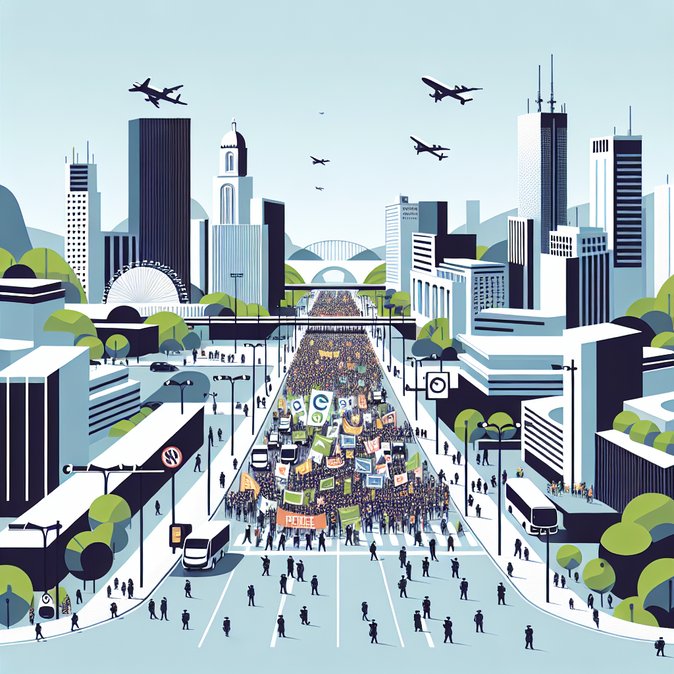
Inside the airport, COMAE (Brazil’s Airspace Control Command) has retained authority to impose short-notice ground holds whenever VIP movements occur or protests threaten the Blue Zone. Charter operators report that slots are being rationed and that overnight parking is unavailable for business aircraft. Travellers arriving on scheduled flights are advised to allow extra time for immigration, as Federal Police have redeployed officers from other Amazon region posts to staff additional e-gates in Belém.
For companies with employees on the ground, the practical implications are clear: review transfer buffers, reconfirm hotel-airport shuttles, and verify that corporate travel-insurance policies cover delays caused by civil unrest. Several multinationals have already shifted side-events to São Paulo or Brasília and are relying on hybrid participation to limit exposure.
Although the demonstrations underscore Brazil’s vibrant civil society, they also illustrate how quickly mobility conditions can change around mega-events. Risk managers should monitor local media and be prepared for further flash-points as negotiations enter the political end-game this week.
